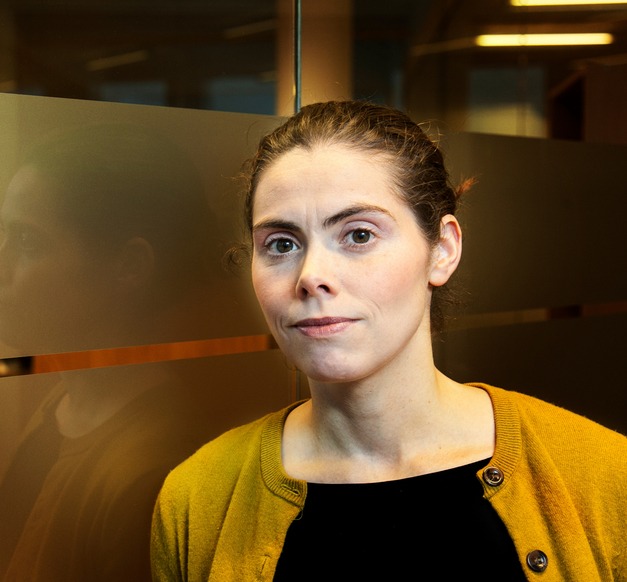Ása Guðný Ásgeirsdóttir, doctoral student at the Faculty of Social and Human Sciences
There has been little discussion of the migration of Nepalese women between countries, despite the fact that this has increased significantly in recent years. Ása Guðný Ásgeirsdóttir, doctoral student in anthropology, is currently conducting research into the migration of Nepalese women, with an emphasis on gender and nationality. "I will research both a group of Nepalese women living in Iceland and a group in their country of origin," says Ása Guðný.
She will focus on researching the impact that nationality and socio-economic factors have on the women's opportunities to migrate and how well they adjust to their new environment. She also wishes to explore whether interaction between the sexes and ideas about gender change in the process and what impact migration has on the people left behind.
Ása Guðný Ásgeirsdóttir
"It is also important to gather information on those women who move to Iceland and to understand their experiences so that we can better welcome those considering moving here."

"In my Master's research project I discussed Nepalese women who were trafficked into India and following this I wanted to gather more information on the migration of Nepalese women from Nepal. These subjects are often discussed in the same breath, which homogenises the discouse," says Ása Guðný.
Results are not yet available, but she hopes that the research will shed light on the situation of Nepalese women in Iceland, as well as their reasons and opportunities for leaving Nepal. Ása Guðný believes that her research will also add to the ever growing body of research on mobility and transnationalism. "It is also important to gather information on those women who move to Iceland and to understand their experiences so that we can better welcome those considering moving here," Ása Guðný concludes.
Supervisor: Unnur Dís Skaptadóttir, professor at the Faculty of Social and Human Sciences.


